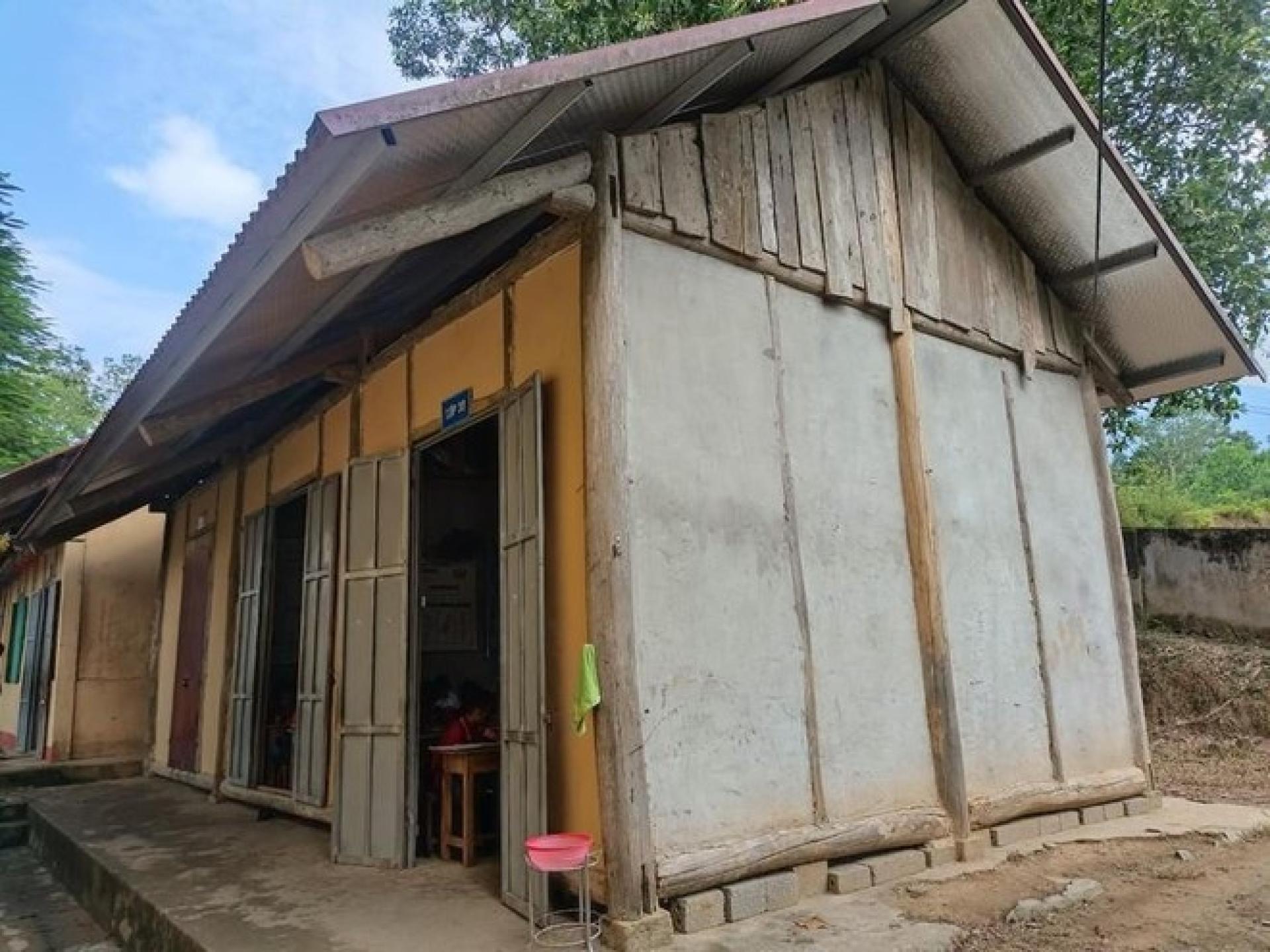(Hanoi, 19th) The Central Politburo of Vietnam recently approved the investment and construction of ethnic boarding schools in 248 land border communes nationwide, covering both primary and junior high school levels, aiming to comprehensively improve the quality of education and the effectiveness of ethnic policies in border areas.
The Politburo pointed out that building cross-level ethnic boarding schools in border communes is a key measure to improve the quality of human resources in ethnic border regions, nurture local cadres, and raise the cultural level and living conditions of the populace.
According to the plan, a pilot will first be launched in 2025 to newly build or renovate 100 schools, with the goal of having them fully operational before the start of the new school year. If the pilot proves effective, the program will be rolled out in full, striving to complete all 248 schools within 2 to 3 years.
The Politburo emphasized that all new school buildings must meet technical standards, with reasonable planning for teaching buildings, dormitories, and supporting living facilities, ensuring that students grow up in a safe, hygienic, and healthy environment. Each school will be equipped with complete education, cultural, and sports facilities to meet the needs of teaching and extracurricular activities.
To ensure the implementation of the project, the Politburo tasked the government party committee to take the lead, coordinating with relevant ministries such as education, finance, and transportation, and working jointly with provincial governments in the border regions. Meanwhile, current policies concerning border students will also be reviewed and revised in parallel, especially in terms of boarding and semi-boarding subsidies, which must be tailored to local conditions and targeted effectively.
The Politburo also advocated for the establishment of a "pairing and co-construction" mechanism between schools in other areas of the country and border boarding schools, to continuously enhance the capacity of border schools through resource sharing, teaching exchanges, and cadre training.
In terms of funding, the Politburo required that central finances take the lead, integrating local finances and other lawful funding channels, formulating a total investment scale and phased construction plan, and establishing a transparent bidding and selection mechanism.
The Politburo’s final goal is to fully complete the construction of 248 ethnic boarding schools and ensure that each school has a stable and sustainable annual operating budget, in order to realize the long-term development of educational resources in border areas.
